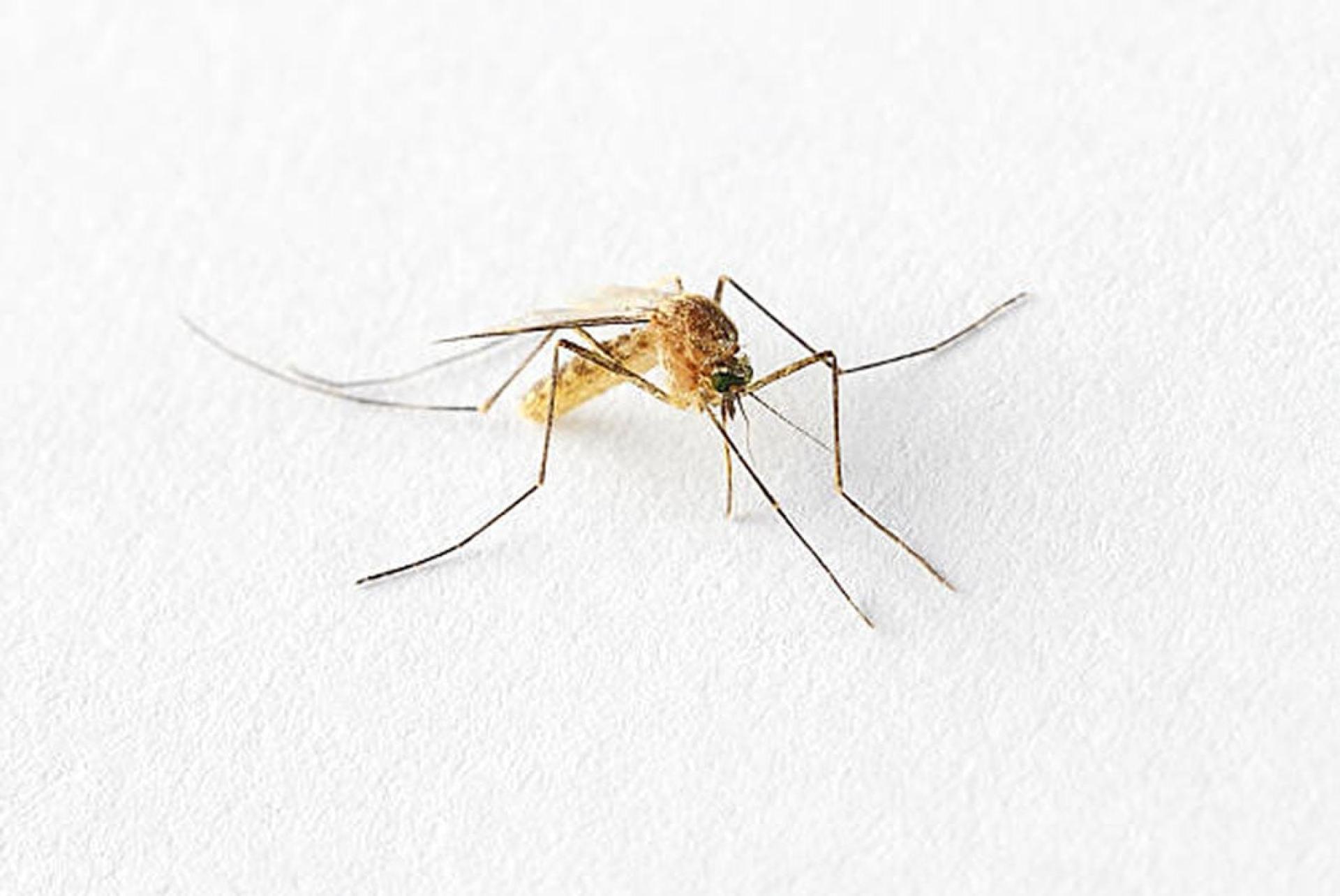Hong Kong authorities have reported the first case of Japanese encephalitis in five years in the region.
According to a Hong Kong government press release, the Centre for Health Protection (CHP) of the Department of Health on the 20th announced an investigation into an imported case of Japanese encephalitis.
The CHP stated that the case involves a 49-year-old woman residing in the Sha Tin district. Preliminary investigations revealed that she had traveled to the Philippines from July 21 to August 4, during which she visited rural areas. After returning to Hong Kong on August 4, she began to develop symptoms of fever, headache, and vomiting from August 10. On August 12, she sought treatment at the Accident and Emergency Department of Prince of Wales Hospital but was not admitted at that time. As her condition persisted, she returned to the same hospital on August 14 and was admitted for treatment. Her condition is currently stable.
The CHP noted that cerebrospinal fluid samples from the woman tested positive for Japanese encephalitis immunoglobulin M (IgM) antibodies. Since she was in the Philippines during the incubation period, it is believed she contracted the infection during her travels, making this an imported case. Her four household contacts have not developed symptoms and are under medical surveillance. The centre is continuing its epidemiological investigation and will notify the Philippine health authorities about the case.
This is the first case of Japanese encephalitis recorded in Hong Kong this year. There have been no cases documented in Hong Kong since 2020.
The CHP pointed out that Japanese encephalitis is primarily transmitted by mosquitoes, with the main vector being the Culex tritaeniorhynchus mosquito, and it is not spread from person to person. The disease is mainly prevalent in rural and suburban areas of Asia and the Western Pacific, especially during the hot season.
The CHP explained that the incubation period for Japanese encephalitis is about 4 to 14 days. Most patients experience only mild illness, such as fever and headache without other notable symptoms, but about one in every 250 infections can result in severe disease. Severe symptoms may include the sudden onset of high fever, headache, neck stiffness, disorientation, coma, seizures, spastic paralysis, or even death.
The CHP urges Hong Kong residents traveling to areas endemic for Japanese encephalitis to take effective mosquito preventive and personal protection measures. For those planning to stay in the area for more than one month, vaccination against Japanese encephalitis is recommended.
